The things we need to do to save the planet, by Alan Titchmarsh, Minette Batters, David Bellamy and more
From cutting the population to growing insect-friendly plants, campaigners and commentators tell Rosie Paterson about the environmental issues that worry them most and what they’d do to save the planet.


Minette Batters, NFU president
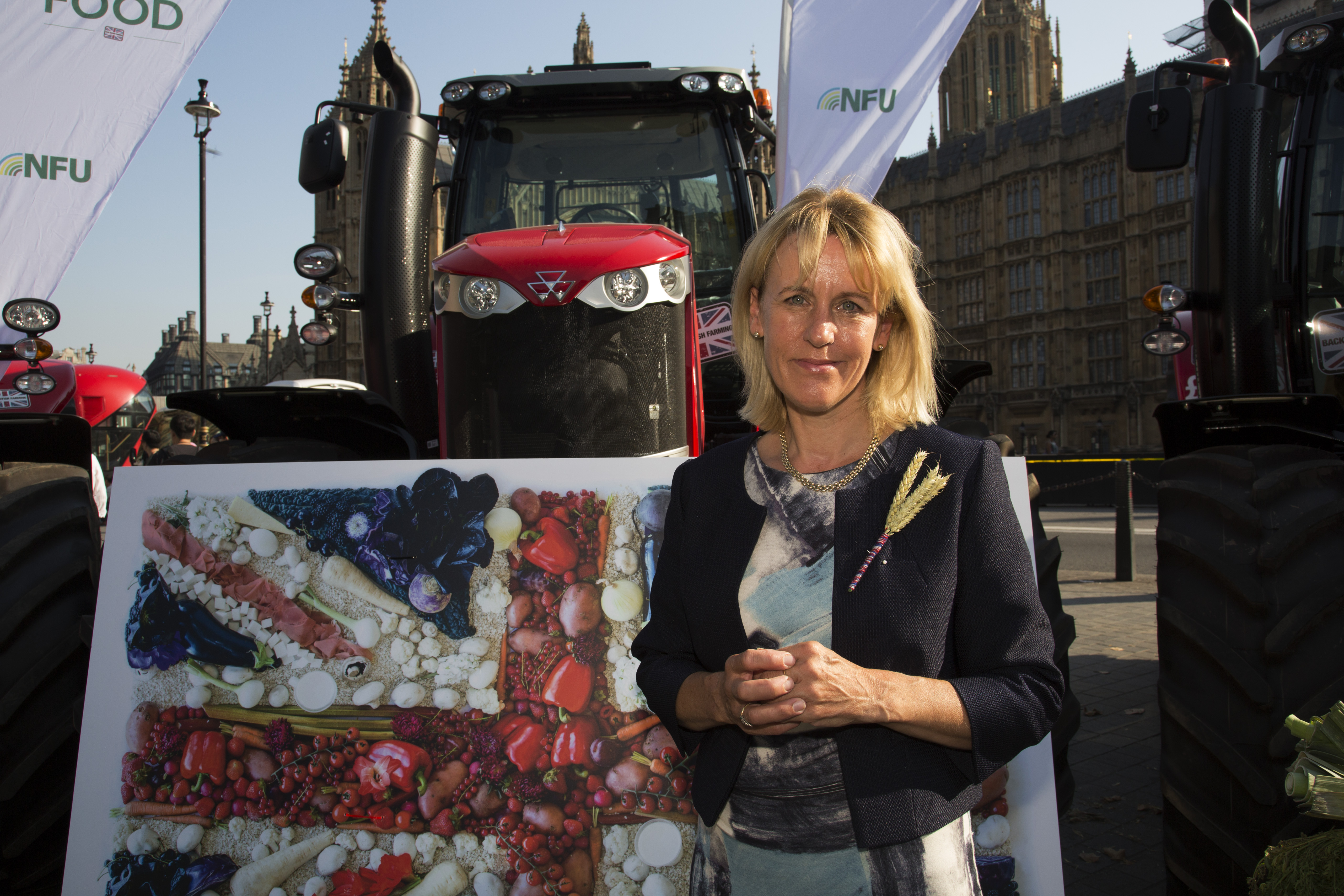
Climate change is one of the greatest global challenges of our time. Each country has a responsibility to reduce emissions and each industry should consider how it can play its part.
In Britain, farmers have an aspiration to reach net zero by 2040. To do this, we must maximise productivity to produce high-quality food alongside boosting carbon storage and renew-able energy.
David Bellamy, author and botanist
With all the bad news and the scale of the issues, empathy can quickly be followed by apathy, therefore, the most important thing is not to become overwhelmed. Try to find a support network, as action taken together within a community is way more effective and efficient.
Levison Wood, author, explorer and photographer
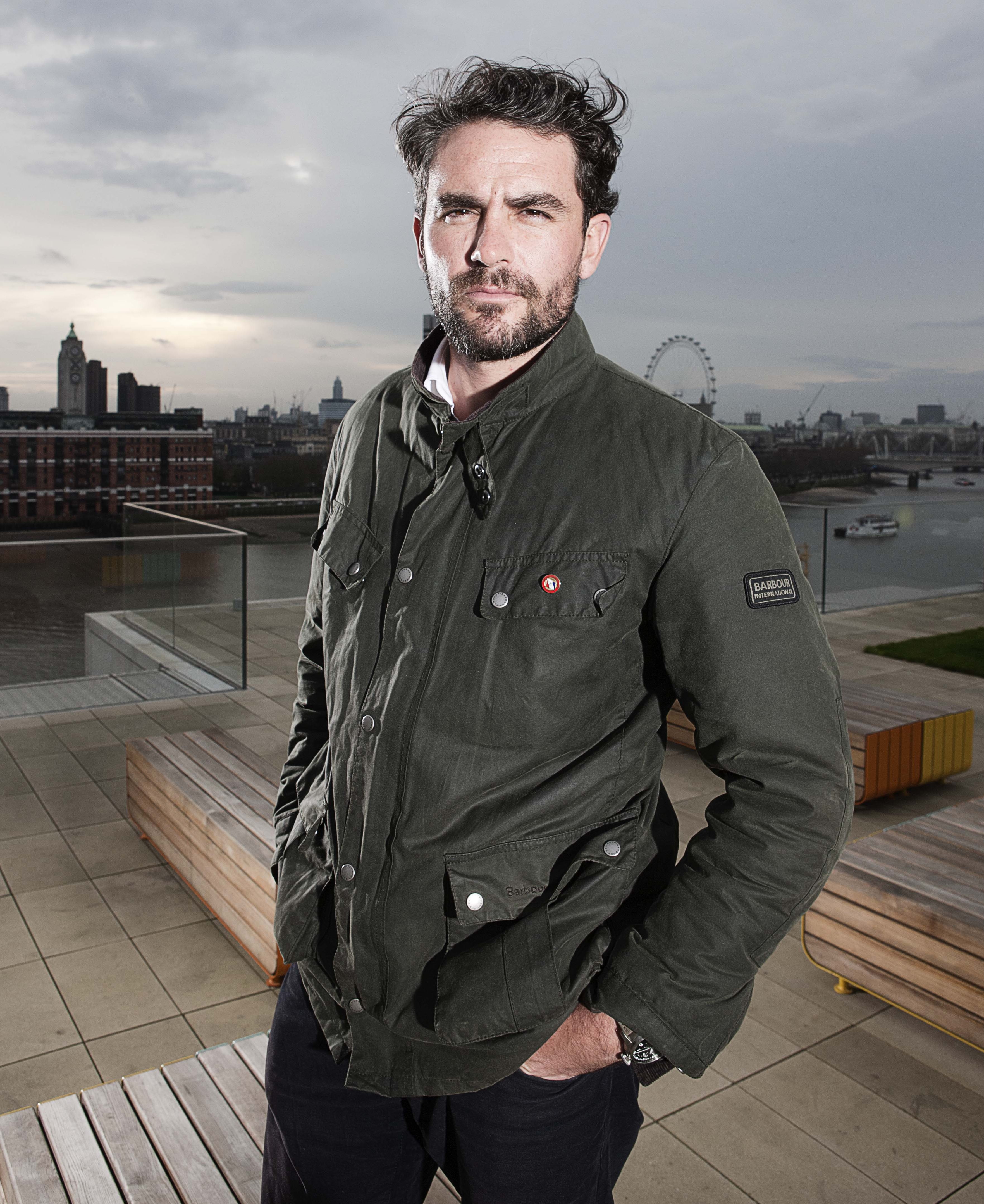
The root cause of every problem – from climate change and plastic in the oceans to the decimation of the natural world – is human over-population. In my lifetime, the human population has almost doubled from 4.5 billion in 1982 to 7.7 billion today. It’s the cataclysmic impact of so many mouths to feed that is destroying our planet and it’s the elephant in the room that nobody wants to talk about. The solution? Education. Stop having so many children.
Jonathon Porritt, environmentalist
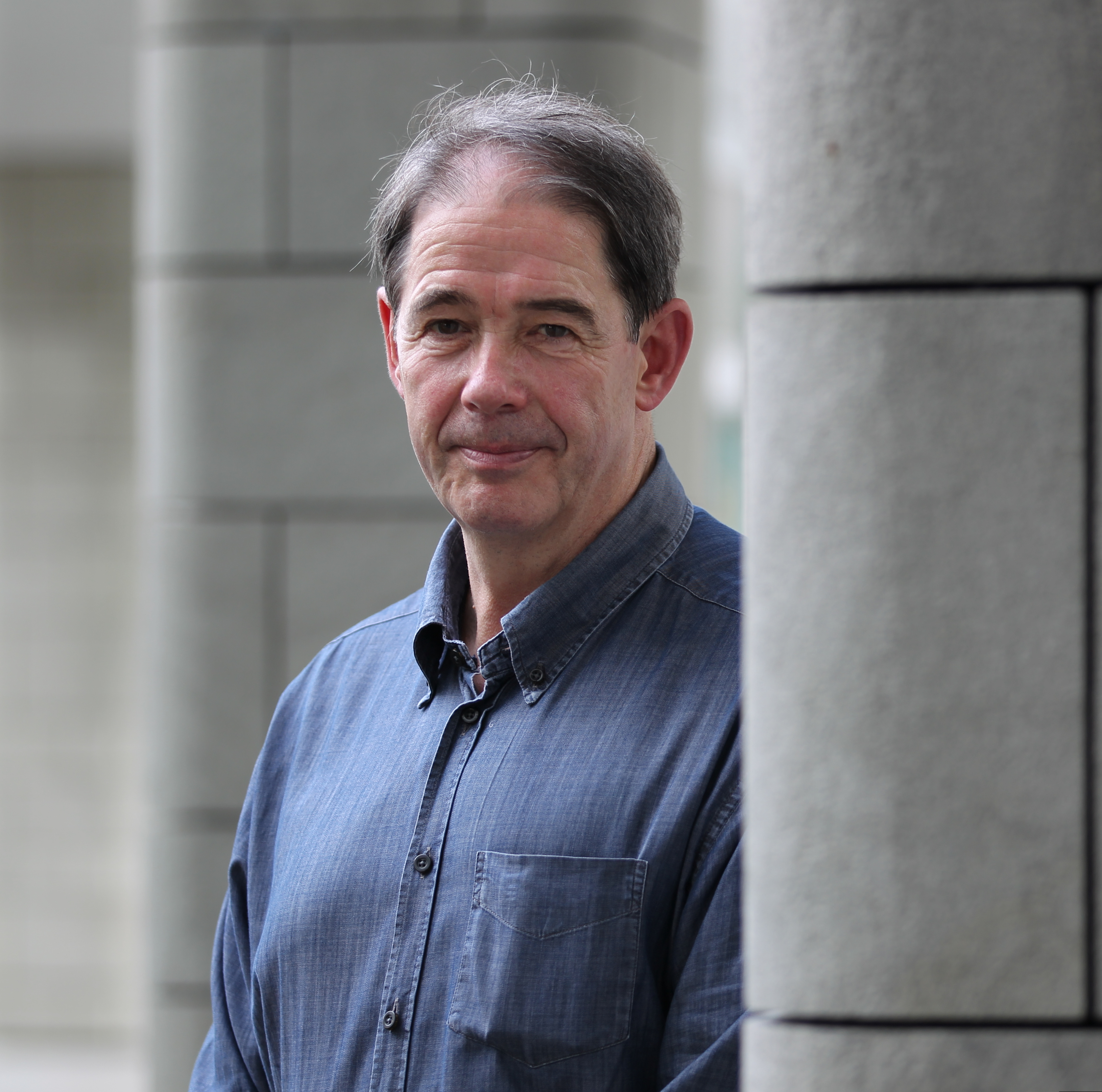
It has to be the climate crisis. We now know that we have just a few years to start transforming every single aspect of our economy if we are to avoid runaway climate change. And that includes every single aspect of farming: rebuilding soil fertility, sequestering billions of tons of carbon, protecting biodiversity, incentivising agroforestry and organics and dramatically reducing our dependence on animal-based protein. Few people really understand the nature of this challenge.
Ben Fogle, adventurer and author
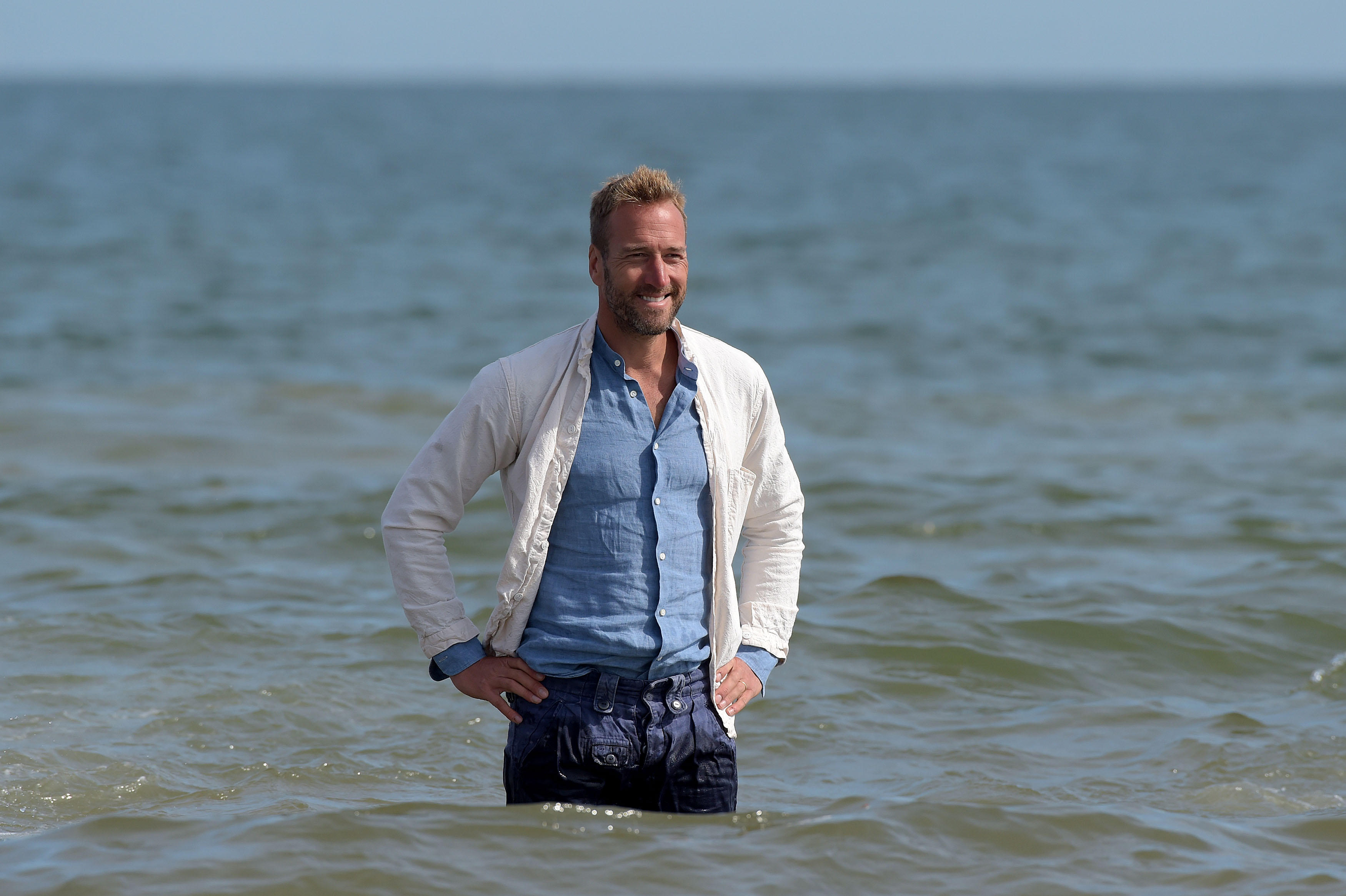
Education. Education. Education. We take it for granted here in the UK and Europe, but, elsewhere, it is still a luxury. In 2017, UNESCO estimated that 264 million children have no access to education. To solve the environmental crisis, we need to educate upcoming generations about the impact we’re having and provide them with local solutions. Offer a solid education and we will educate the future scientists and problem-solvers who will break the current status quo.
Caroline Lucas, Green MP for Brighton Pavilion
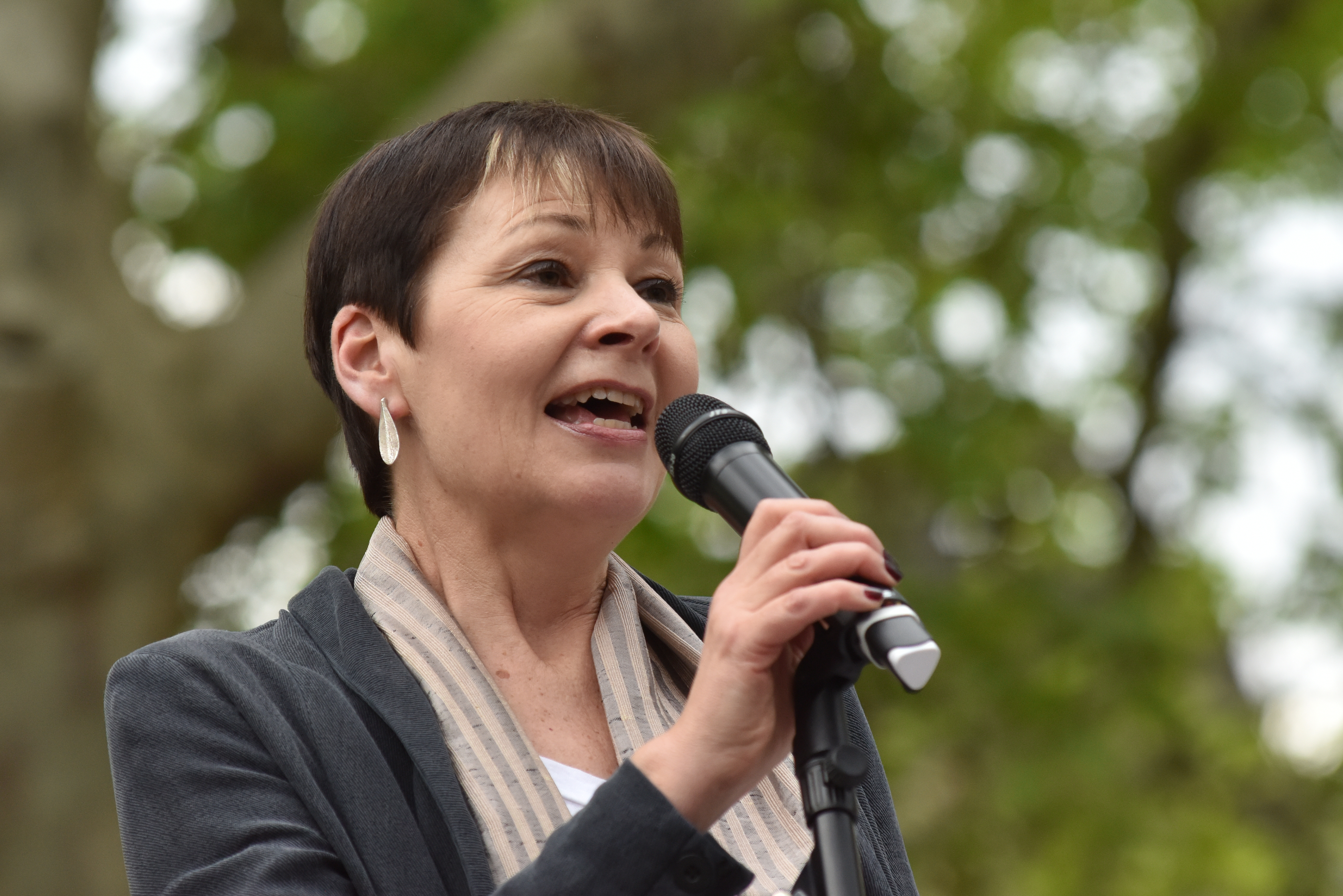
The challenges are huge, from biodiversity loss to pollution of our air and oceans.
Exquisite houses, the beauty of Nature, and how to get the most from your life, straight to your inbox.
However, the overriding one is the climate crisis, because it affects everyone and everything and, unless we take immediate action, we will be unable to stop it. All the other challenges we face will be made worse by runaway climate change as people are driven from their homes by extreme weather or sea-level rises, crops fail and some regions become too hot to live in.
Alan Titchmarsh, gardener and broadcaster
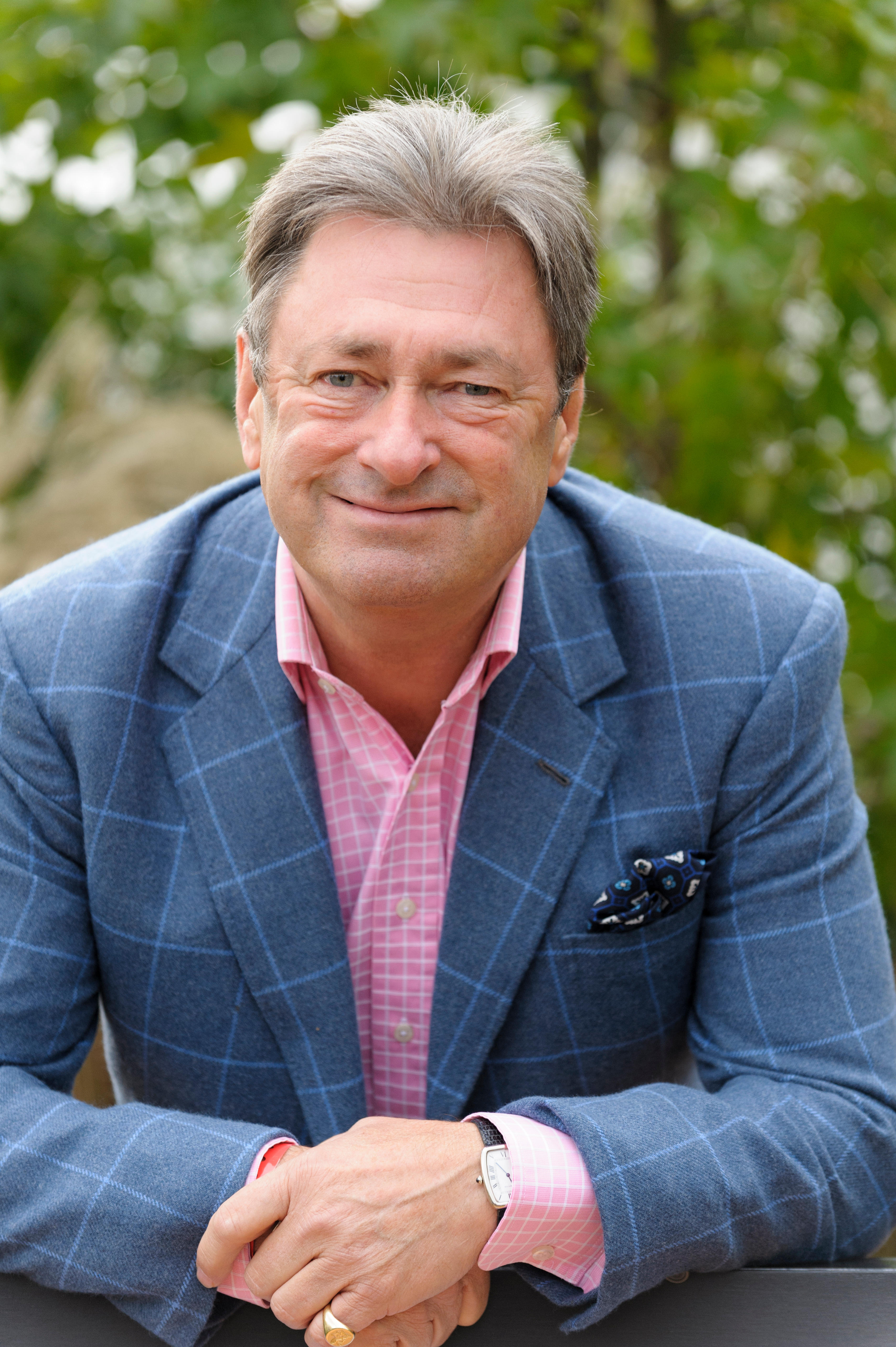
Awareness of the huge environmental problems facing us has never been greater, but what’s lacking is positive action at street level. If we were all to cherish and nurture that piece of ground around our houses – however small – it would make a significant impact on the bigger picture. Growing plants that are insect-friendly, abstaining from using chemicals and treating the soil with respect by gardening organically really does make a difference. Imagine how much richer the earth would be if we all did that.
Beccy Speight, chief executive officer of the Woodland Trust
Expanding our woodland cover and reversing deforestation is what we must do on a global scale – to reconnect and expand our fragmented habitats and to tackle the climate-change crisis. These two issues are totally intertwined. Native trees, in particular, provide a huge range of benefits. In the UK, ancient woodland is quite simply our richest wildlife habitat on land and trees outside of woods are fundamental to a beautiful landscape, through which Nature can move and adapt.
As well as sequestering carbon, trees can help prevent flooding, cool our cities and counter air pollution.
Sir Charles Burrell, owner of Knepp Castle and Knepp Safaris
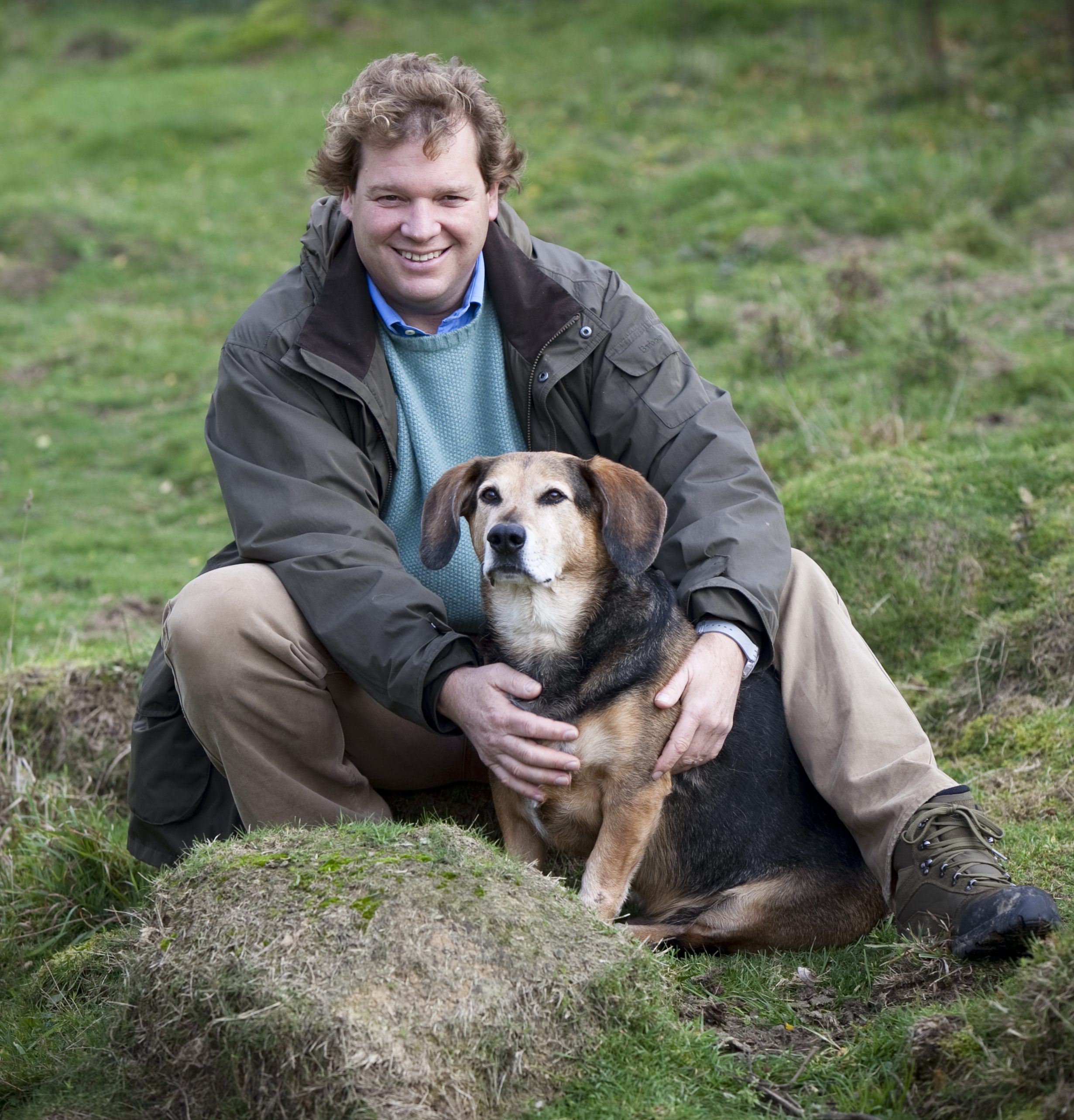
According to the UN, our agricultural soils are so degraded from ploughing and chemicals that, globally, we only have 60 harvests left before they’re gone. But soil is miraculous. Given a chance, it will regenerate, as we’ve shown at Knepp with only 20 years of rewilding. Regenerative agriculture (no ploughing, no chemicals) is the future. Restoring the world’s soils will improve nutrition, water quality and biodiversity, protect against floods and sequester carbon.
Martin Harper, RSPB conservation director
Unless we transform our economies, a million species will become extinct and global temperature rises will have devastating consequences for all life on Earth, including humans. Therefore, the single most important challenge is to decouple increasing human prosperity from environmental exploitation. This requires legal targets to drive Nature’s recovery and decarbonise our economy, an end to environmentally damaging subsidies and incentives to support businesses to help rather than hinder Nature.
Robin Page, farmer and journalist
Without a doubt, the biggest threat to sustainability on the planet is over-population. This applies to England in particular, but our politicians choose to ignore it. England is more densely populated than India and China. Our population is now 15% higher than estimates made in 2000 – complacent and disgraceful. It’s out of control and means we’ve lost the moral high ground to talk about sustainability.
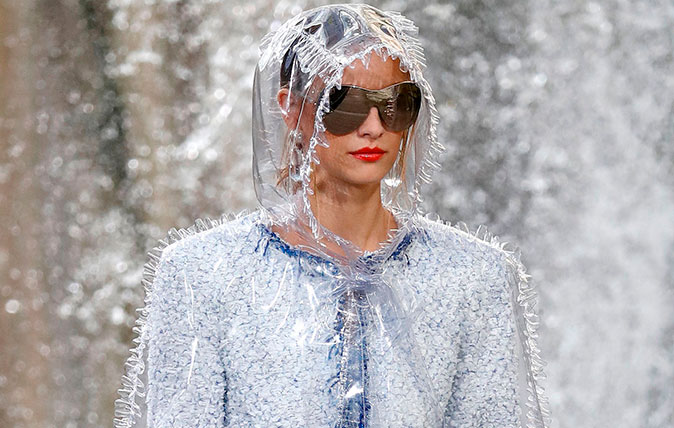
Credit: Getty
Living without plastic | Part 4: going global and fighting plastic fashion
Nearly three weeks in to Rosie Paterson's plastic-free life, she's realising that the challenge will have consequences that reach far
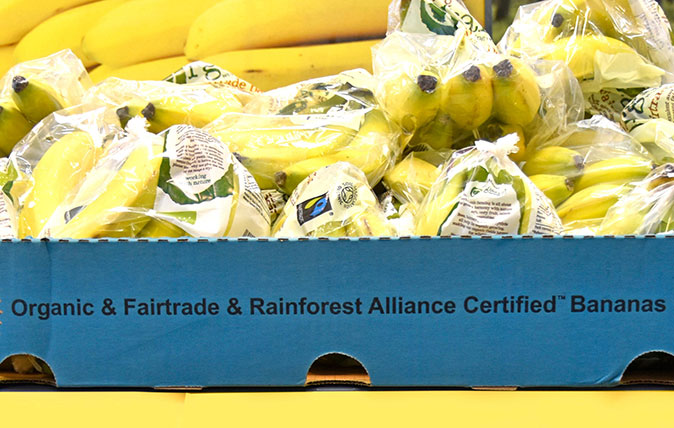
Living without plastic | Part 3: Taking aim at the supermarkets
Each year, Country Life's Rosie Paterson issues herself a challenge for Lent. This year she's attempting to give up plastic
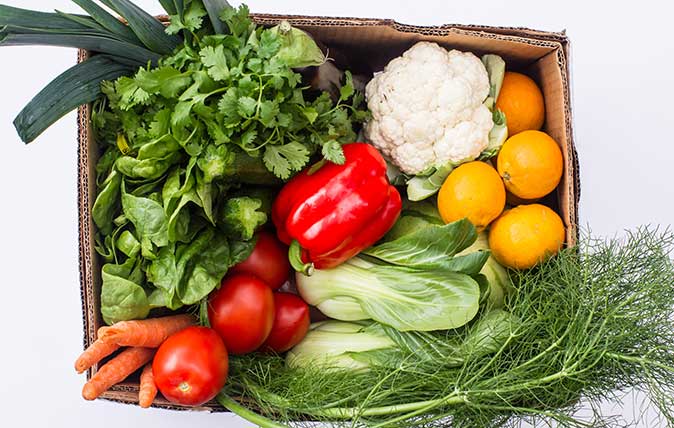
Credit: Alamy
Living without plastic: Part 8 | Hospitals, coffee cups and twelve brilliant products which will help you live a plastic free life
Country Life's Rosie Paterson went the whole of Lent without buying anything – anything at all – that contained plastic. That was

A life without plastic: Why it’s going to take more than a few incremental changes to save our planet
Rosie is Country Life's Digital Content Director & Travel Editor. She joined the team in July 2014 — following a brief stint in the art world. In 2022, she edited the magazine's special Queen's Platinum Jubilee issue and coordinated Country Life's own 125 birthday celebrations. She has also been invited to judge a travel media award and chaired live discussions on the London property market, sustainability and luxury travel trends. Rosie studied Art History at university and, beyond Country Life, has written for Mr & Mrs Smith and The Gentleman's Journal, among others. The rest of the office likes to joke that she splits her time between Claridge’s, Devon and the Maldives.
